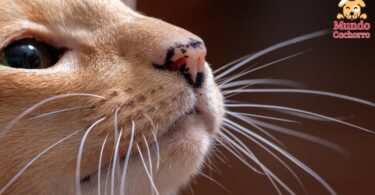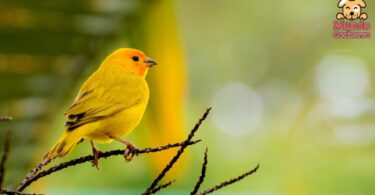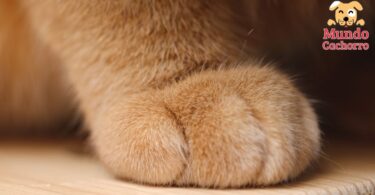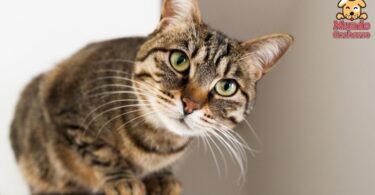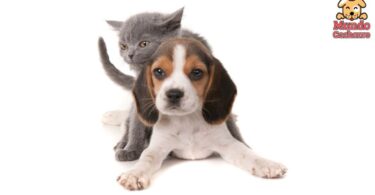Coexistence between dogs and cats is a common occurrence in many households, and although they are often portrayed as natural enemies, the reality is that they can coexist peacefully. However, concerns arise when one of them begins to invade the other’s dinner plate. In this case, what happens if your cat eats the dog’s food?
First, it is important to understand why cats may be interested in dog food. Cats, known for their curiosity and hunting instinct, may be attracted to the smell or texture of dog food. In addition, if the cat is not satisfied with its own food or if it perceives that the dog’s food is more appetizing, it is likely to try to gain access to it.
Consequences if your cat eats the dog’s food
If a cat repeatedly eats the dog’s food, there may be negative consequences for its health. Dog food is formulated specifically to meet the nutritional needs of canines, and may not contain the nutrients necessary for a cat. This can lead to long-term nutritional deficiencies in the cat, which could result in health problems, such as weight loss, skin and coat problems, or digestive disorders.
On the other hand, dog food often contains ingredients that are safe for canines but may be harmful to cats. For example, some dog foods contain onions, garlic or other seasonings that are toxic to felines. Consuming these ingredients can cause anything from stomach upset to severe poisoning in cats.
Strategies to address the problem
If you discover that your cat is eating the dog’s food, it is important to take steps to prevent this behavior. Here are some strategies you can implement:
- Separate feeding: Feed your dog and cat in separate areas of the house and at different times. This will ensure that each pet has exclusive access to its own food and reduce the temptation to steal each other’s food.
- Use of gates or barriers: If possible, install pet gates. You can also use barriers to restrict the cat’s access to the area where the dog’s food is located.
- Controlled feeding: If your dog does not finish all his food immediately, remove the dish after a certain time to prevent the cat from approaching it.
- Consider proper feeding: If you suspect that your cat is not satisfied with his current food, talk to your veterinarian about switching to a diet that better meets his nutritional needs.
Addresses the problem
In summary, if your cat is eating your dog’s food, it is important to address the problem to ensure the health and well-being of both pets. By taking steps to prevent the cat’s access to the dog’s food and ensuring that each receives adequate food. This way you can promote a harmonious coexistence between your pets and avoid possible health problems. Remember to always consult with your veterinarian if you have concerns about your pets’ feeding or behavior.
Image courtesy of https://pixabay.com, all rights reserved.


